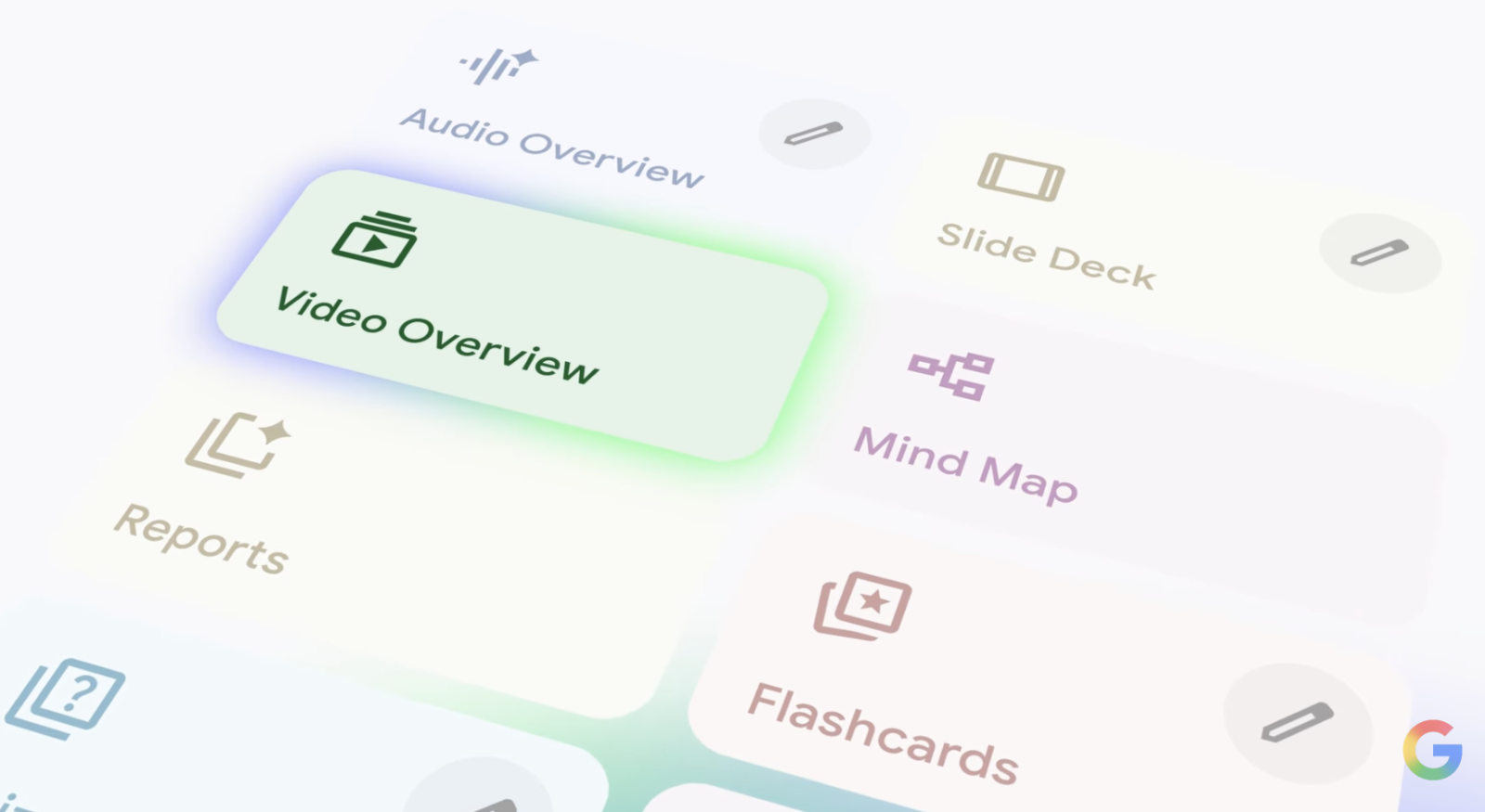OpenAI, the company best known for ChatGPT, is reportedly developing its own web browser to rival Google Chrome. The upcoming browser will use Chromium as its foundation, the same open-source codebase that underpins Chrome and many other popular browsers. This move marks a significant expansion for OpenAI as it seeks to embed its AI capabilities directly into the browsing experience.
According to early reports, the browser will integrate closely with OpenAI’s Operator, an AI agent designed to carry out tasks on users’ behalf. This could include booking flights, filling out forms, or automating other routine web-based tasks. The browser’s deep access to user browsing histories is positioned as an advantage for these AI features, potentially enabling more personalised and context-aware assistance.
However, the development raises privacy concerns. Sources claim that part of OpenAI’s motivation for building its own browser instead of releasing a browser extension is to gain greater control over user data. The browser is reportedly designed to capture extensive information on users’ web behaviour, an approach that will likely invite scrutiny from privacy advocates despite being commonplace in today’s ad-driven internet economy.
One notable aspect of OpenAI’s approach is its intention to shift user interactions away from traditional website navigation towards a chat-based interface. The browser is said to be designed to keep some interactions within a native ChatGPT-style environment rather than directing users to websites. For example, instead of typing a URL, users may end up asking the AI chatbot to retrieve information or complete a task, effectively altering the fundamental way people browse.
The company’s stated goal is to “fundamentally change how consumers browse the web,” though it remains to be seen how willing users will be to hand over routine browsing tasks to an AI agent. While such features promise convenience, they also reflect OpenAI’s broader ambition to embed its AI models into daily digital workflows, expanding beyond standalone chat tools into core internet infrastructure.
The browser is expected to launch in the coming weeks. As OpenAI increasingly positions itself as an AI-first productivity ecosystem, its push into the browser market underscores a wider industry trend where major players aim to integrate AI more seamlessly into foundational digital experiences.







